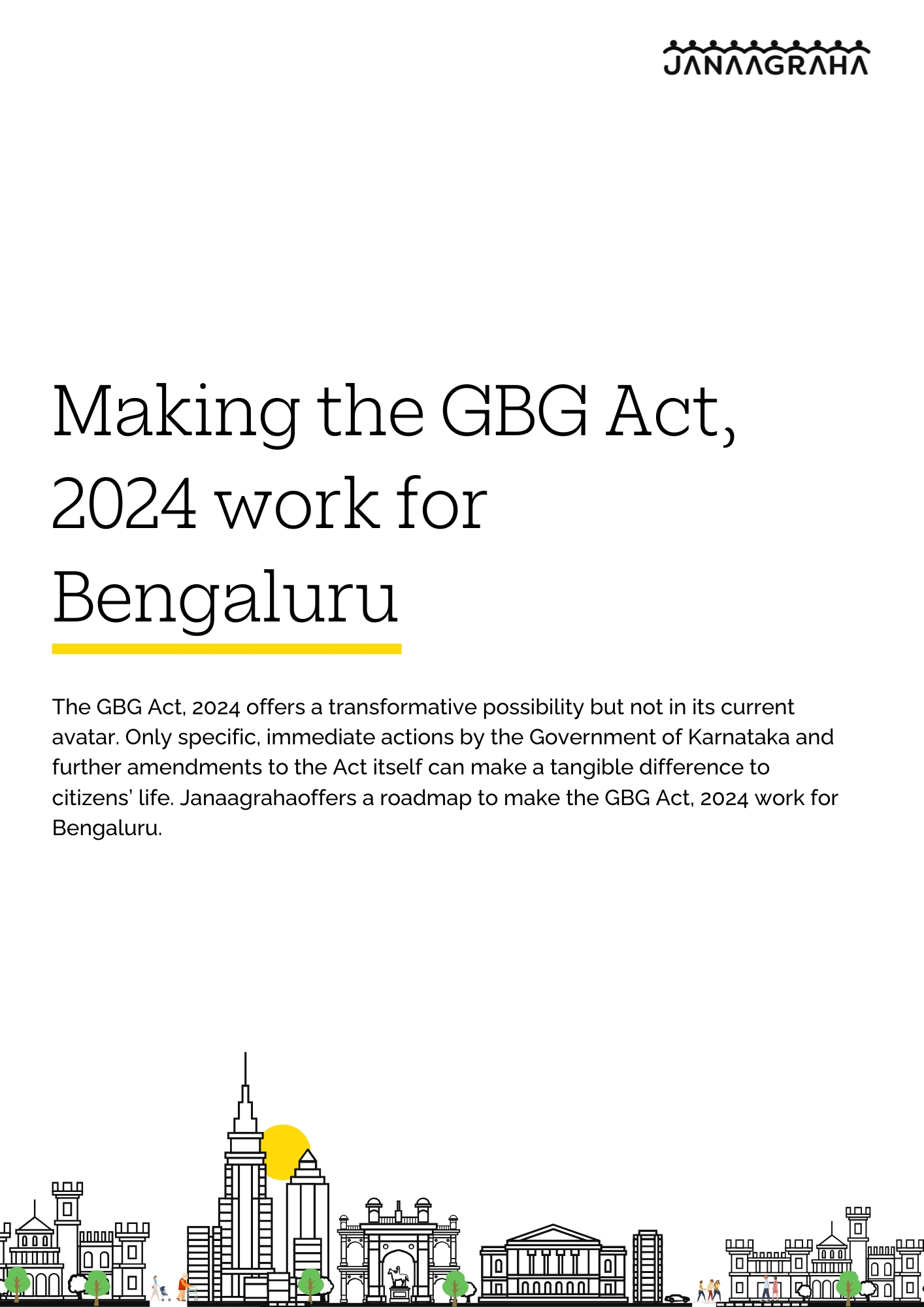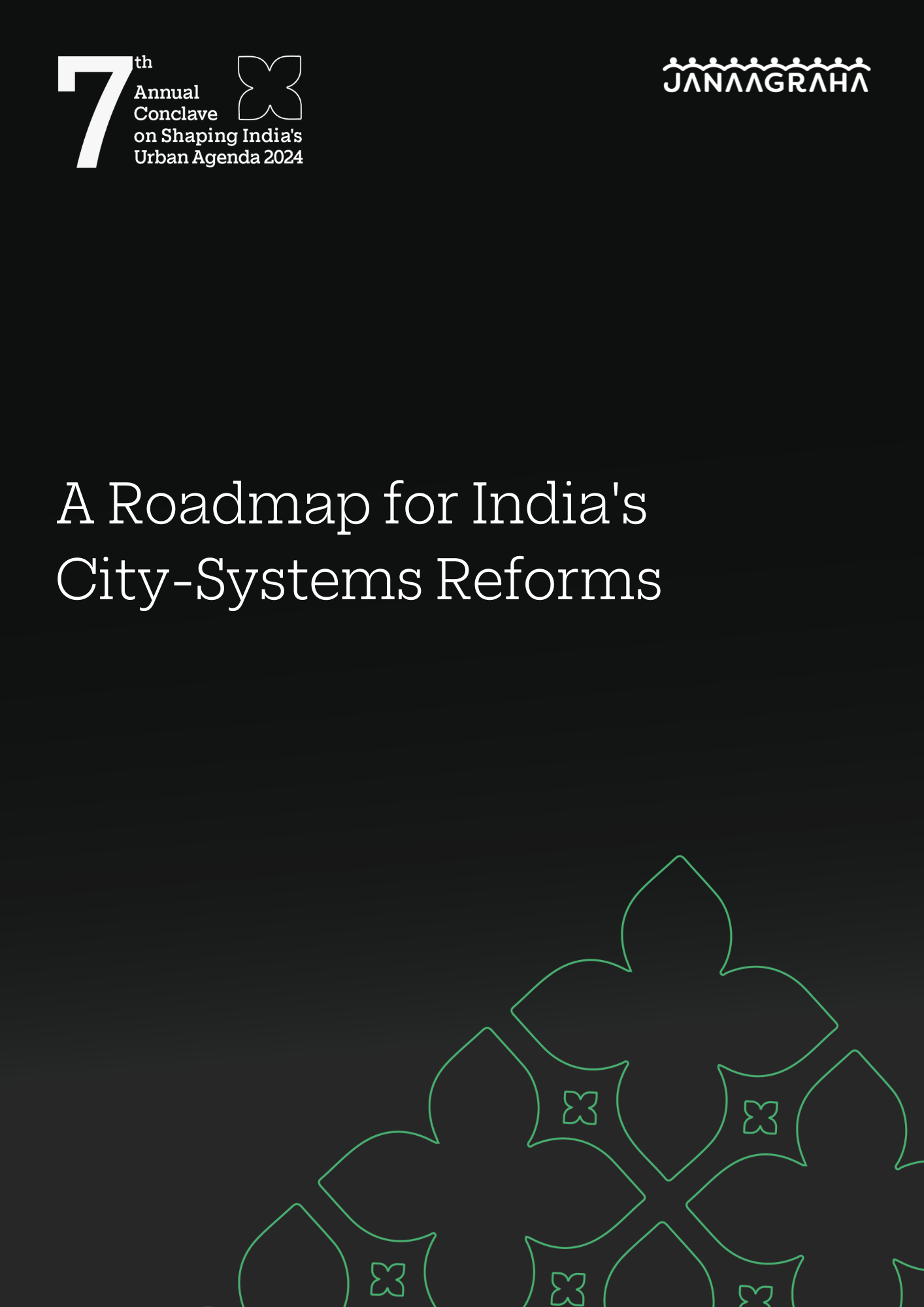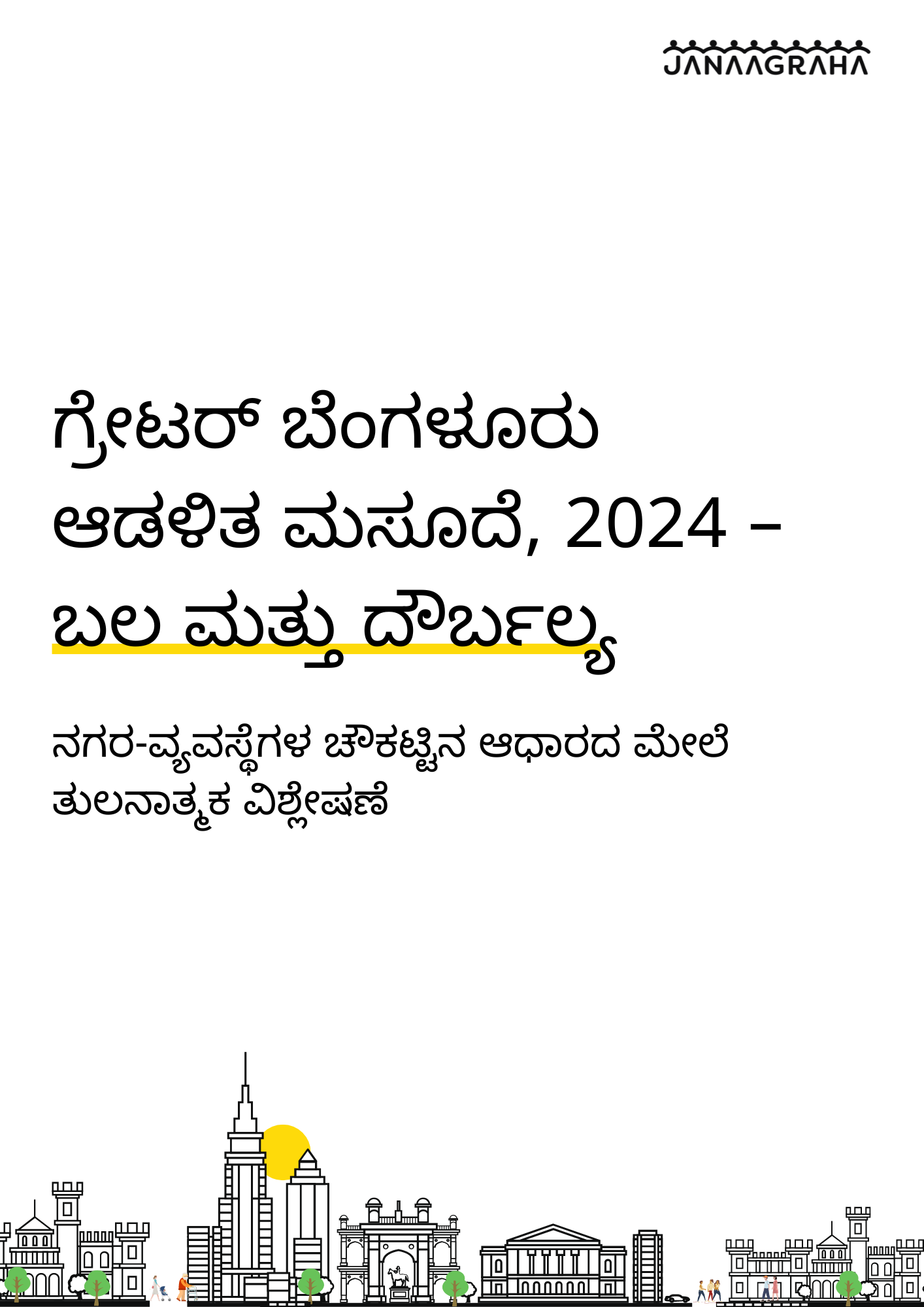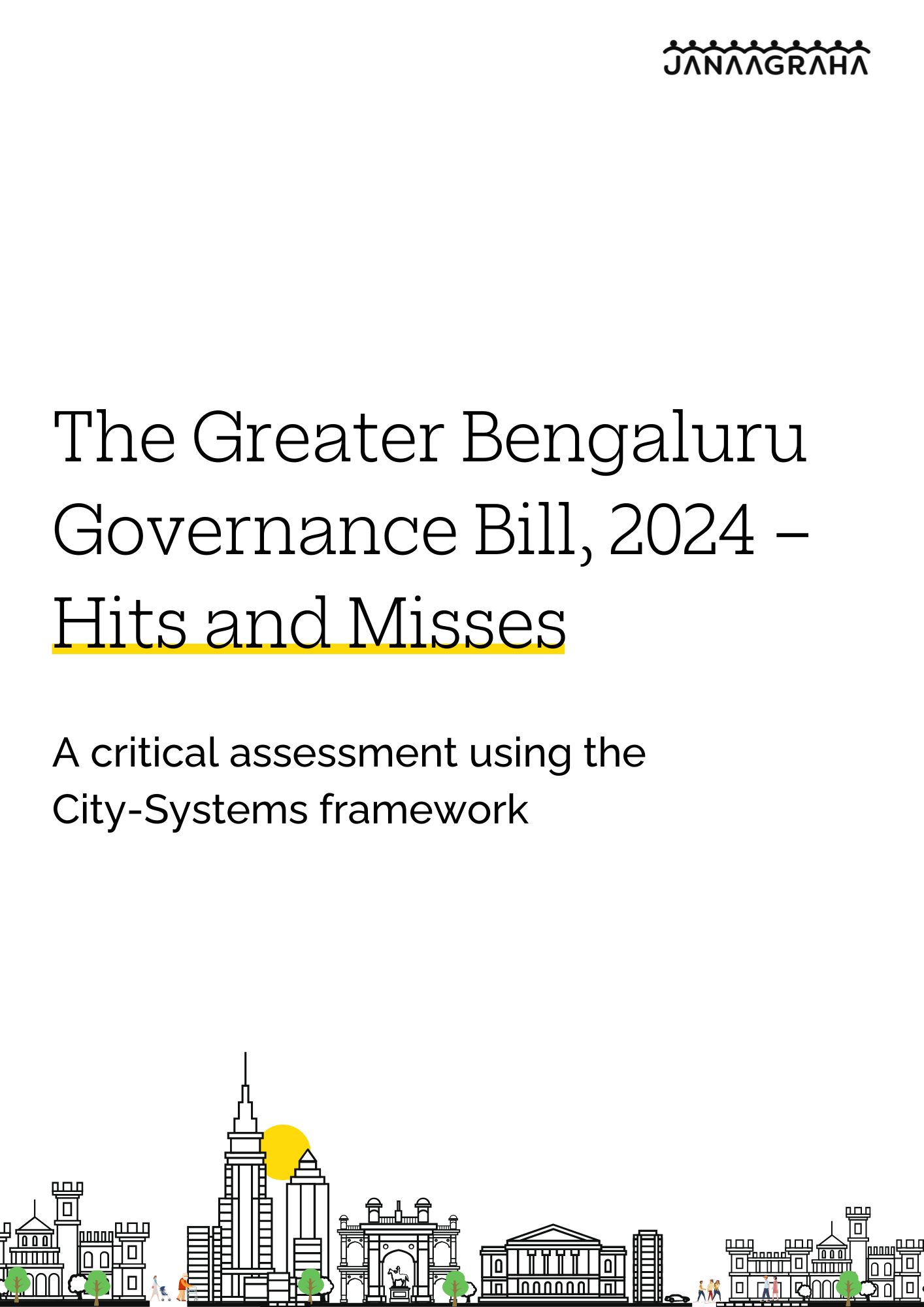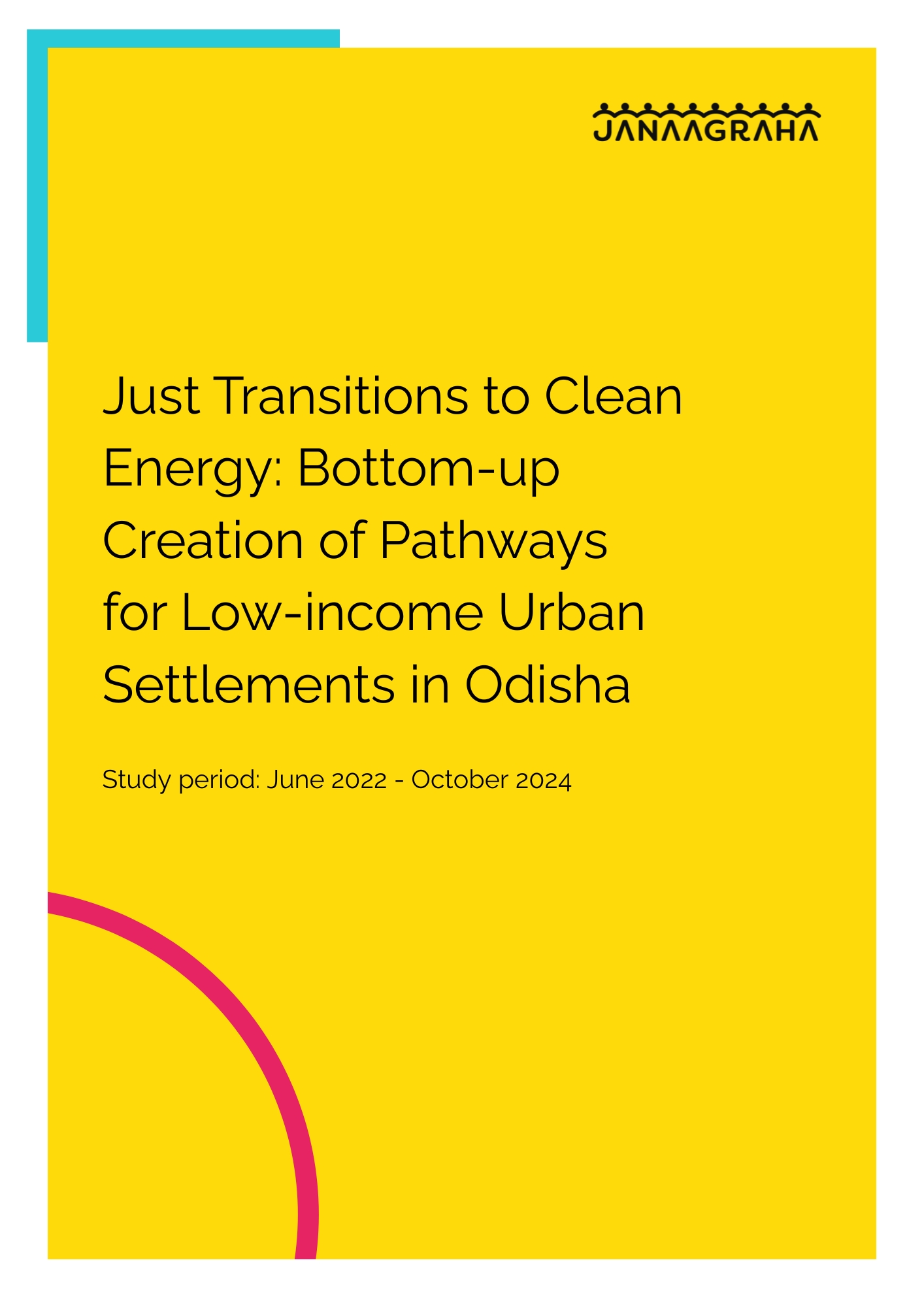
Supported by the MacArthur Foundation, this study explores the transition to clean energy in low-income urban settlements in Odisha. With a focus on cooking and electricity use, the study assesses the feasibility, affordability, and adoption of cleaner energy solutions from a bottom-up perspective.
Through extensive surveys and community engagement across multiple cities, the study captures household energy preferences, constraints, and aspirations, providing key insights into the systemic changes needed for a just transition. It evaluates cleaner fuel alternatives through a life-cycle analysis framework and highlights the policy, infrastructure, and behavioural shifts required to support widespread adoption.
The findings aim to inform policymakers, practitioners, and other stakeholders on how to design inclusive, community-driven clean energy solutions that align with the needs of urban poor households while ensuring equitable and sustainable energy transitions.

